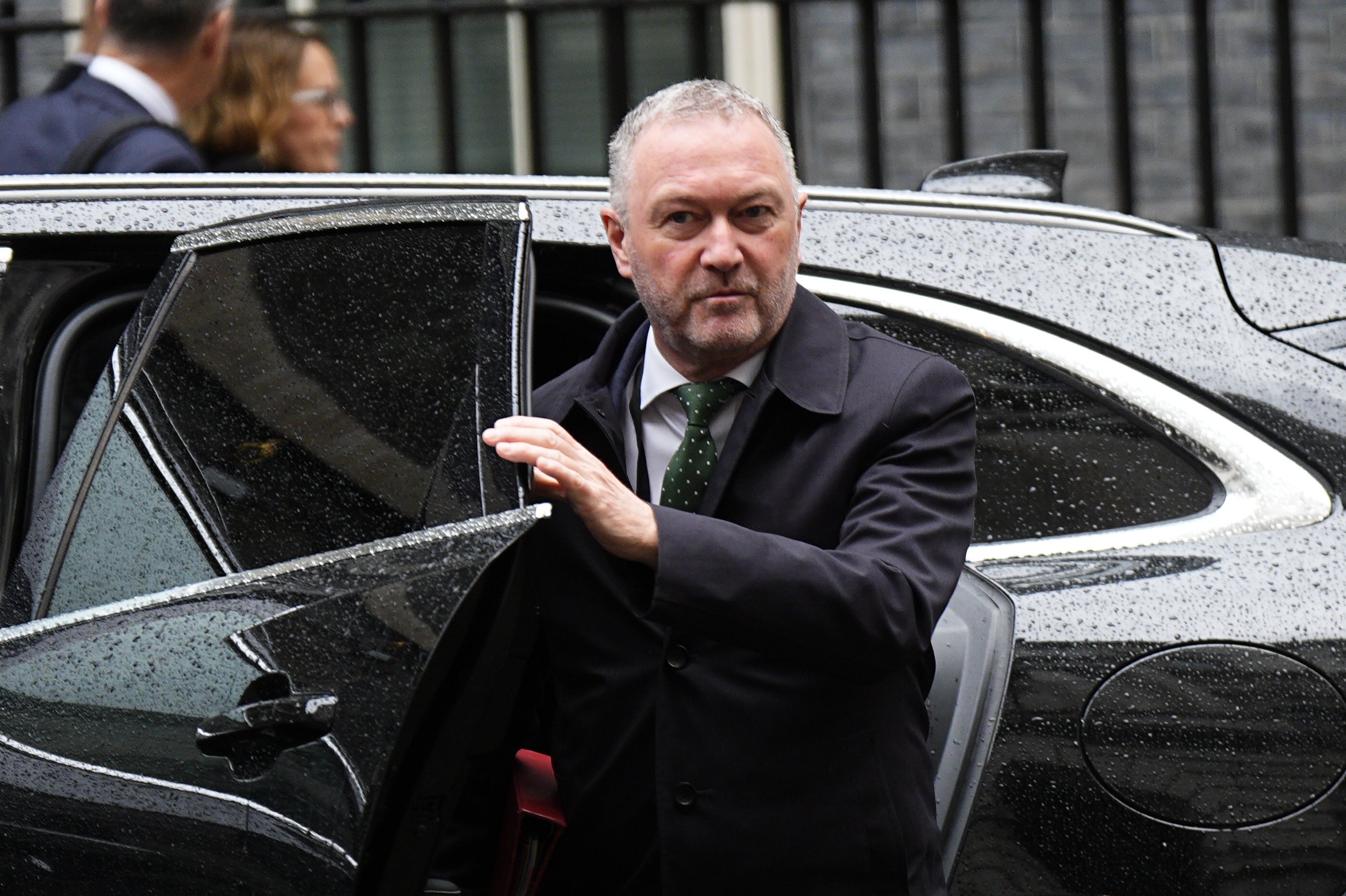
Surrey will be divided into two unitary councils, it has been announced, after the Government made its first major decision on local government reorganisation.
In a statement, local government minister Alison McGovern also confirmed that Woking Borough Council within the county, which declared effective bankruptcy in 2023 with a high level of debt, will receive a “repayment in principle” of £500 million from the Government to stabilise its finances in preparation for the structural changes.
Councils in Surrey submitted two proposals for reorganisation.
Surrey County Council was joined by two districts – Elmbridge and Mole Valley – in pushing for two unitary councils, while the remaining districts proposed a three-unitary arrangement.
The unsuccessful bid was backed by Woking as well as Spelthorne, Runnymede and Guildford councils, which have also held substantial debt. The other councils were Epsom and Ewell, Reigate and Banstead, Surrey Heath, Waverley and Tandridge.
Confirming the decision by Communities Secretary Steve Reed, which will lead to the creation of East Surrey Council and West Surrey Council, Ms McGovern said: “In our judgment, although both proposals met the criteria, the proposal for two unitaries better meets the criteria in the case of Surrey.
“In particular, we believe it performs better against the second criterion, as it is more likely to be financially sustainable.
“This criterion is particularly relevant in the unique context of Surrey, where reorganisation is a critical intervention to improve the financial viability of the area’s councils, given unprecedented levels of unsupported debt.”
Ms McGovern described the £500 million allocated to Woking as a “significant and unprecedented commitment given historic capital practices at the council”.
The announcement is a major milestone in the Government’s flagship plan to fundamentally realign structures delivering key services across England, which was outlined in a White Paper published in December last year.

In February, councils in the 21 areas of England that still have two-tier local government and neighbouring small unitary authorities were invited to submit proposals for new single tier unitary councils.
The Government said streamlining local government, with councils preferably serving populations of 500,000 or more, would boost efficiency and enable authorities to be more responsive to their communities.
It has been confirmed that elections to the new councils will take place in May 2026.
A strategic authority will also be established for the whole area in a bid to ensure functions held at the county level, such as transport and adult skills, can continue to be delivered on the same geographic footprint where possible.
Addressing the 20 areas going through the process of submitting proposals, Ms McGovern stressed that each case will be treated on its merits.
She said: “I would like to emphasise that the decision to implement the proposal for two unitary councils in Surrey does not set any precedent.
“Decisions will be taken individually, based on the merits of each proposal we receive and the local context.”
Surrey County Council leader Tim Oliver welcomed the Government’s decision, describing it as “good news for Surrey residents and businesses”.
He added: “This devolution will unlock huge benefits for Surrey, with more powers held closer to communities, stronger local decision making and turbo-charged economic growth for the region.”
Simon Edwards, chief executive of the County Councils Network, said it was important that the Government stuck to its guidance on population size, describing it as the “only way” to create the conditions for making savings, stabilising finances, limiting disruption to care services and driving growth.
He added: “Today’s decision must therefore be a marker in the sand for other areas.
“Failure to keep to their original guidance and criteria will lead to serious questions over whether there has been a robust evaluation of proposals.”
Richard Wright, chairman of the District Councils’ Network, said the Government’s decision will make it harder for local government in Surrey to “represent the concerns of communities and to ensure services are responsive to local needs”.
He added: “We believe that the best way to ensure the views of all communities are reflected, and for new councils to build on the strengths of district services, would be for each existing council to be given equal representation on the joint committees taking reorganisation forwards.
“It’s disappointing that this isn’t happening but we urge all parties to work together in an inclusive and open manner.
“There’s no independent evidence to suggest mega councils perform better – if anything, smaller existing unitary councils have lower council tax bills and better performance. Smaller unitary councils can be every bit as effective in driving growth and getting houses built.”
No children in schools where there are concerns over building safety – DfE
Highland Council raises ‘community cohesion’ concerns over asylum plans
MSNBC star rages at ‘deranged’ CNN for employing ‘rabid, lying’ Scott Jennings
Ex-PM John Major criticises Tories’ ‘loss of pragmatism, tolerance, nuance’
Drivers in London hit by almost 10 million fines over past year
Stormont Education Minister Paul Givan under fire over visit to Israel







